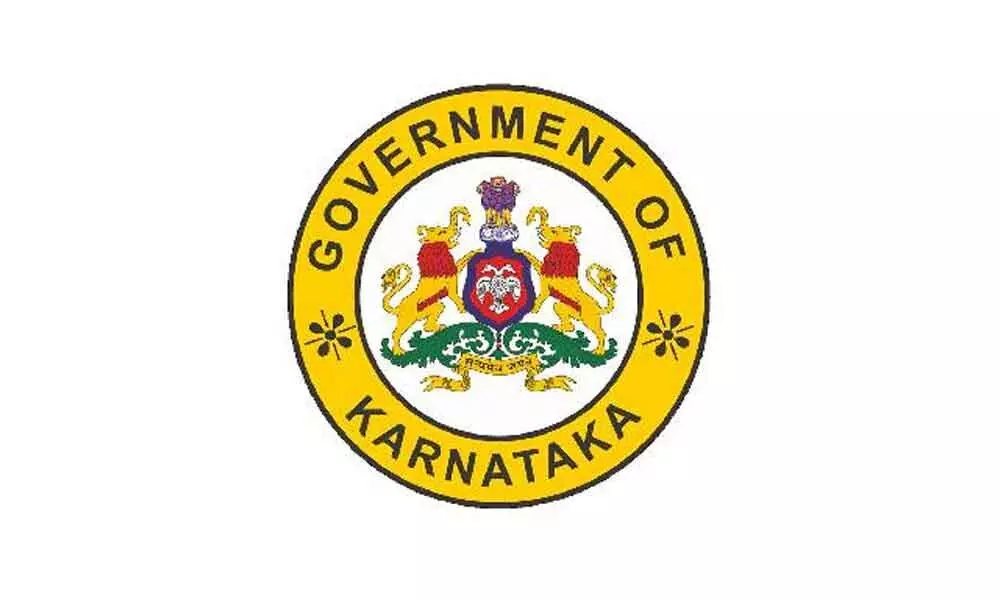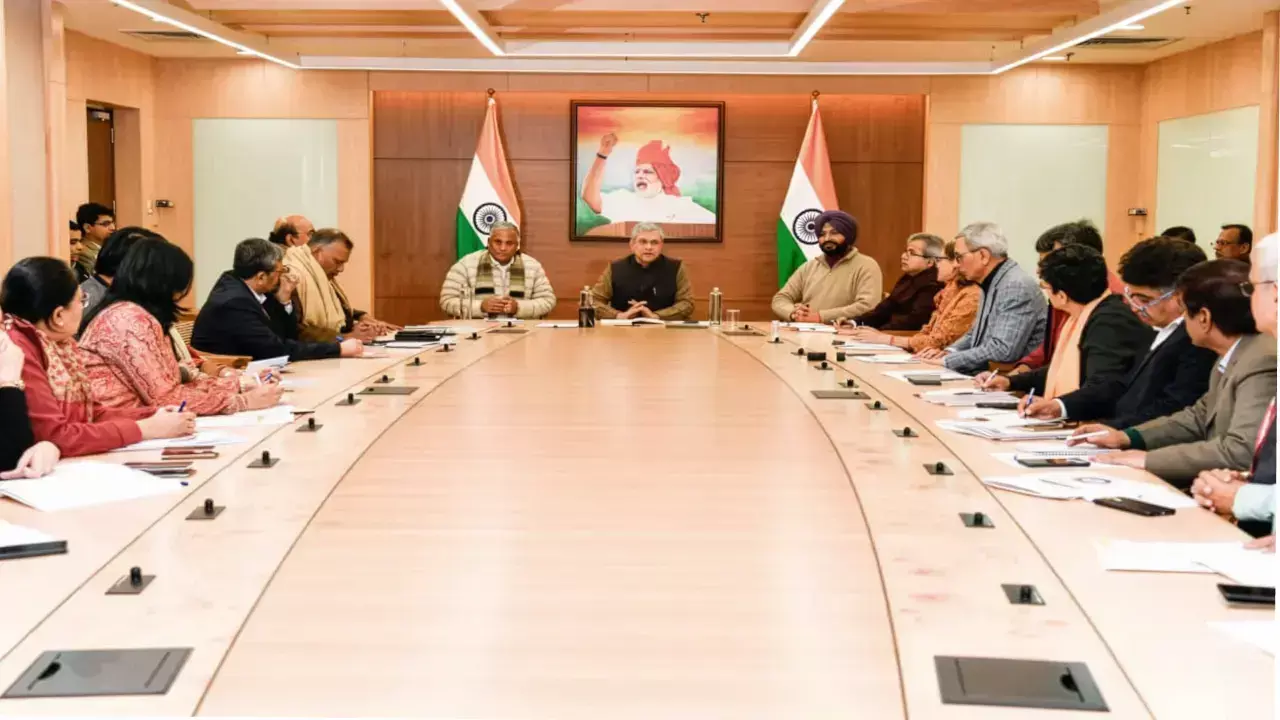Took conscious decision to discontinue Muslim quota since it's unconstitutional: Karnataka govt to SC

Karnataka government
The government said it is pertinent to note that the groups within the Muslim community who were found to be backward and found mention in Group I of the 2002 reservation order continue to enjoy the benefits of reservation.
New Delhi: The Karnataka government told the Supreme Court that it took a conscious decision not to continue with the reservation for the Muslim community on the sole basis of religion since it is unconstitutional and contrary to the mandate of Article 14 to 16 of the Constitution.
The state government said that two orders dated March 27, 4 per cent reservation in favour of Muslims was deleted and the members of the community were allowed to claim benefit of reservation under EWS scheme which is at 10 per cent (In EWS Scheme there are other communities namely, Brahmins, Aryavyashyas etc.).
The government said it is pertinent to note that the groups within the Muslim community who were found to be backward and found mention in Group I of the 2002 reservation order continue to enjoy the benefits of reservation.
In the counter affidavit, it said: "It is humbly submitted that reservation solely on the basis of religion is also contrary to the principles of Social Justice... the concept of social justice aims to protect those who are deprived and discriminated against within the society.
"Including within the said ambit an entire religion would be an antithesis to the concept of social justice and the ethos of the Constitution. It is humbly submitted that therefore reservation cannot be extended to any community on the sole basis of religion."
The state submitted that the provision of reservation on the basis of religion would also be contrary to the concept of secularism.
The government said merely because reservations have been provided in the past on the basis of religion, the same is no ground for continuing the same for perpetuity, more so when the same is on the basis of an unconstitutional principle.
"The petitioners herein have sought to give a colour to the exercise in question which is completely baseless. The timing of the decision, etc are immaterial without the petitioners clearly demonstrating that the reservation on the basis of religion is constitutional and permissible," it said.
The state stressed that the reservation solely on the basis of religion is unconstitutional and contrary to the mandate of Articles 14, 15 and 16 of the Constitution.
The affidavit said: "The power to classify a group of citizens as Socially and Educationally Backward Class (SEBC) has to be constitutionally exercised in accordance with the provisions of Articles 14, 15 and 16 of the Constitution. Assuming for the moment that any of the commissions had recommended for the inclusion of Muslims as Backward castes, the same does not denude the power of the State Government to take a decision in accordance with law."
It said the power thereunder is a constitutionally conferred power conferred upon the state government to provide for protection to the Backward Classes and the states powers under Article 16 has been discussed in Indira Sawhney case (1992 Mandal Commission).
"The exercise of power to provide for reservations emanates from Articles 15 and 16 and the same can be done by executive instructions which amount to law within the meaning of Article 13 of the Constitution."
The state government said there were socially and educationally backward classes in society who have historically been deprived and discriminated against and the same cannot be equated with an entire religion, and stressed that the Mandal Commission clearly found that the religion could not be the sole basis for reservation.
The affidavit said: "It is verily believed that there is no reservation given to Muslim community on the basis of religion as a whole in the Central List. Even throughout the country, it is believed verily, except State of Kerala, there is no state that provides for reservation for the Muslim community as a whole. There are various communities from the Muslim religion who are included in the SEBC which also continues to be the case in Karnataka."
The state government said the reservation solely on the basis of religion is not the practice followed anywhere in the country except Kerala and in Karnataka, till recently.
"It is submitted that reservation, solely on the basis of religion, also amounts to over classification under Article 14. The classification of the entire religion as backward is bereft of any rational basis and would be arbitrary and unreasonable and thus violative of the principles of Article 14 of the Constitution."
The state government said the reservation issue has anyway undergone a radical shift with the introduction of reservation on the basis of economic criteria (EWS) by virtue of the 103rd Amendment and the Muslim community suffers no prejudice as they can avail the benefit of EWS reservation which is 10 per cent.
Opposing any interim relief, it said the petitioners directly moved the apex court without filing a plea before the high court, even as its March 27 order was passed in persuance of the high court's order on March 23.
The initial inclusion of Muslim community into the category of other backward classes in 1979 was contrary to the recommendations of the First Backward Class Commission headed by L.G .Havanur, said the affidavit.
In the case of Andhra Pradesh, the Supreme Court permitted the reservation for only limited identifiable communities amongst Muslims and not the entire religion, it pointed out.















